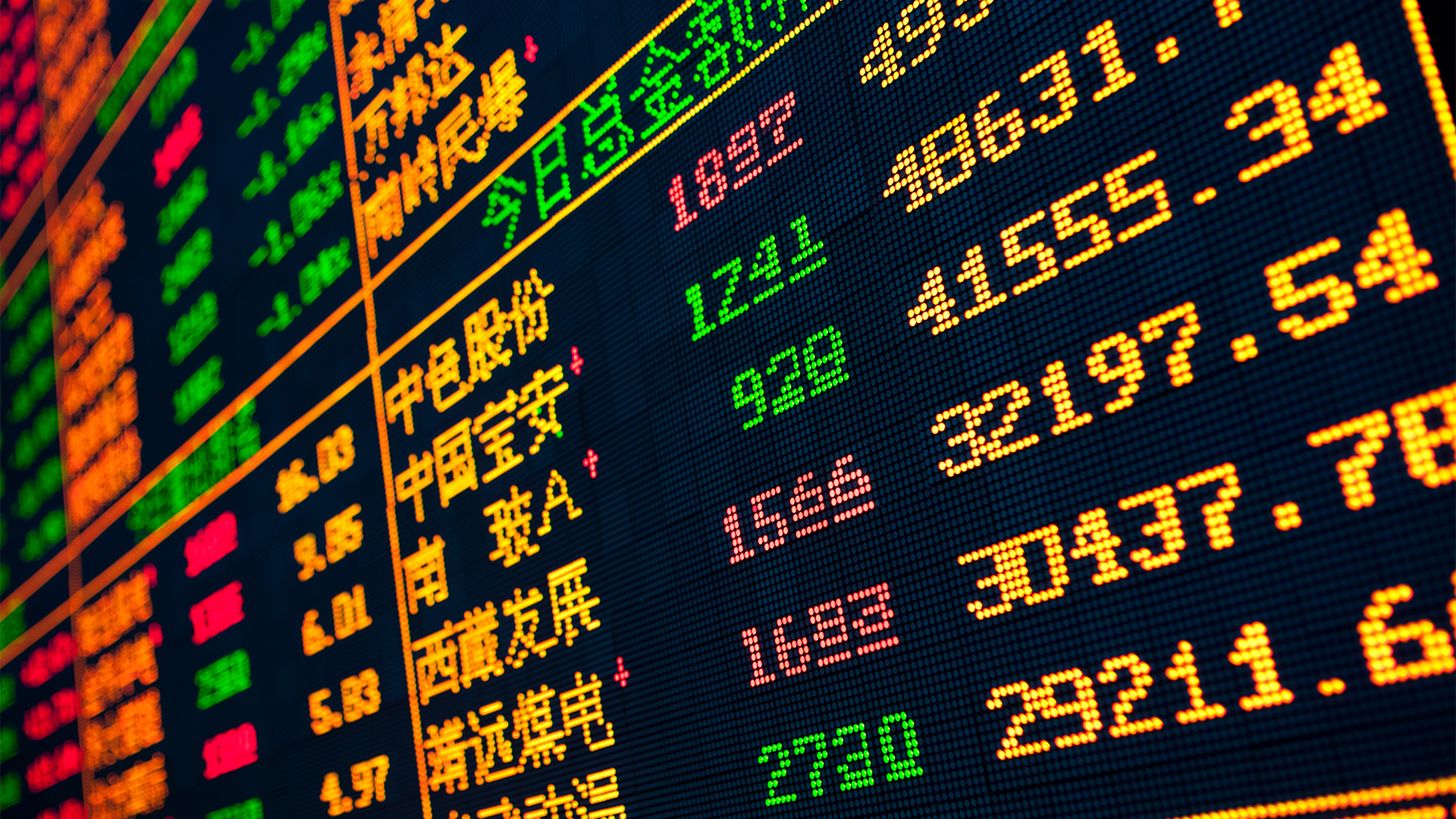One way to slow or halt stock market uncertainty is to call a holiday. Usually, that ends up being bad news because when trading resumes, the slide continues and even deepens. Regardless of what happens, for China’s shattered stock markets, the week-long break for the Lunar New Year couldn’t come too soon on Thursday.
Markets re-open on Monday, February 19, and in the intervening period, President Xi Jinping and his administration might be expected to come up with something more substantive than the bits and pieces of support trundled out over the past few months to no avail.
In Hong Kong, the holiday is shorter – only Monday, 12, and Tuesday, 13, are public holidays. Trading comes back on February 14. There will be holidays in Singapore, Taiwan, and South Korea as well.
China’s markets went on leave with a whimper at Thursday’s close, though off the five-year lows touched earlier this week and over the previous weeks of 2024.
The Shanghai Composite's more than 4% gain for the shortened week was its largest since November 2022 while the blue-chip CSI 300 index also gained more than 4%.
Investors have taken the leadership change at the top of China's market regulator (The Securities Regulation Commission) as another sign that authorities are trying to lessen the pain, but that will not alter any of the fundamentals.
Thursday’s confirmation of deepening deflation (because of the continuing plunge in food prices, led by pork meat) was ignored by investors, and yet it should have been front of mind because it is symptomatic of the pain being felt across large sections of the economy (producer prices were down for the 16th straight month in January).
Few, however, see market measures as the way out of the economic malaise or the drag on confidence from falling prices and the property crisis that has shares in such a funk.
The continuing fall in producer prices suggests squeezed profit margins, followed by cost-cutting, wage restraint, and more consumer caution while millions of people wait for their homes and apartments to be completed and financed.
Externally, China can no longer export itself out of trouble.
The pressure exerted by the United States to limit access to cutting-edge technologies and diversify subcontracting is weighing more heavily on China's business than Xi’s regime wants to admit.
American tech companies are enjoying record share prices, revenues, and earnings (and job losses), as are their rivals in Taiwan, Japan, and parts of Europe. China’s once-thriving tech sector is now mired in a tangle of statist intervention and oversight by Communist Party cadres with little knowledge but a lot of loyalty and political ambition.
In its first look at China’s prospects for 2024, the National Australia Bank’s economics team Thursday forecast a slowing economy for China this year with growth estimates trimmed to 4.5% for GDP (4.6% from the IMF last week, up from 4.2%) and ‘about’ 5% for the rumored official target to be released next month.
That’s little change from the ‘official 5.2% GDP growth rate released last month. The NAB says:
"The unchanged target for 2024 is likely to be more challenging – particularly if weak domestic consumption persists – given the lack of positive base effects this year and ongoing headwinds for growth. We forecast China’s growth to fall below target this year, increasing by 4.5%.
"First and foremost, weakness in China’s domestic economy reflects the softness in consumption. This has been a long-term trend – with China’s economic growth model long favoring investment over consumption – however during the COVID-19 pandemic, China’s public health policies further depressed consumption and encouraged households to increase savings.
"We are yet to see a clear rebound in household spending in its retail sales data (which is a far from perfect measure of consumption) – looking through the pandemic period to smooth out the volatility over time, real retail sales in December were around 8.7% higher than the same period in 2019, compared with a peak of 12.7% in October 2023.”
And economists from Moody’s this week think the scattered support plans for the stricken property sector announced in recent months “will have (a) modest impact on credit and growth”.
But they qualified this view by saying the "Policies may boost short-term property sentiment but are unlikely to result in sustainable sales recovery."
"Other funding support may benefit developers in the next 3-5 years and support the sector’s long-term transformation. However, they are unlikely to significantly boost housing demand or structurally improve developers' funding constraints in the near term."
"The impact on nominal GDP growth in 2024 will depend on whether the measures, and future stimulus, are able to improve market confidence and drive demand in a sustainable way. There is currently limited action to improve demand.”
It always gets back to the black hole known as China’s property sector.














